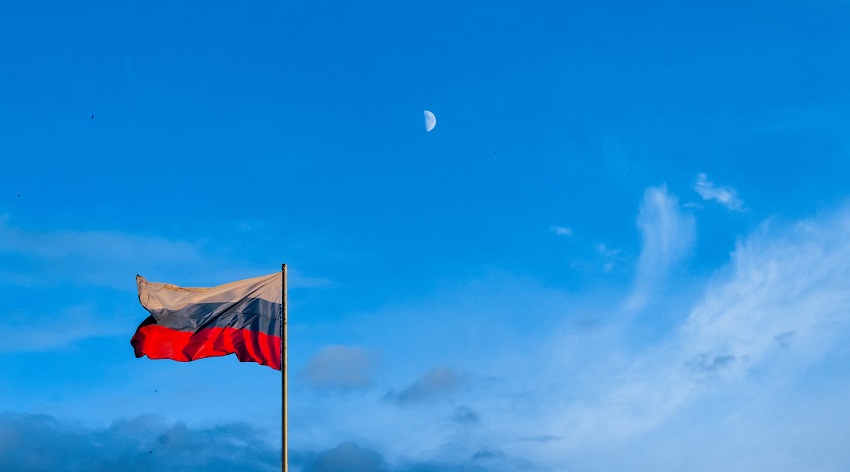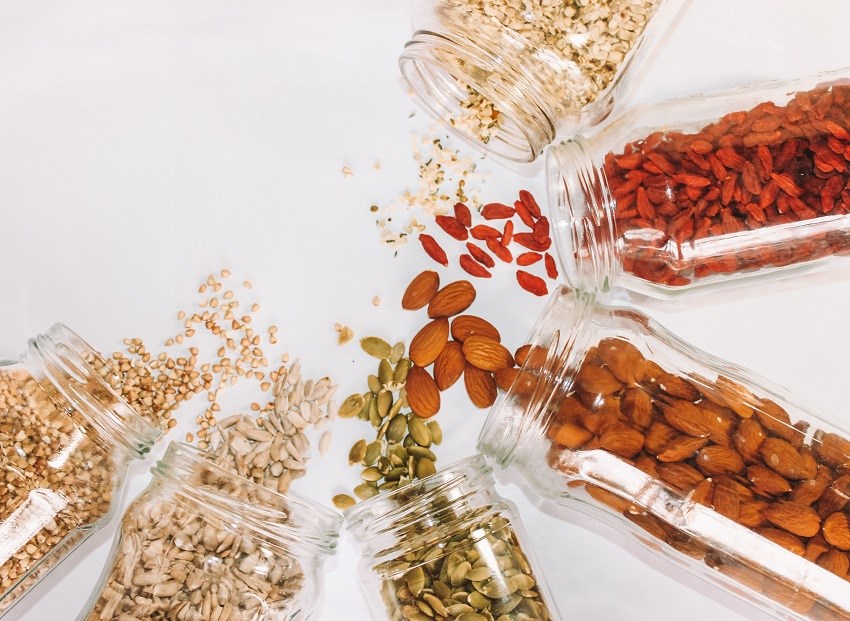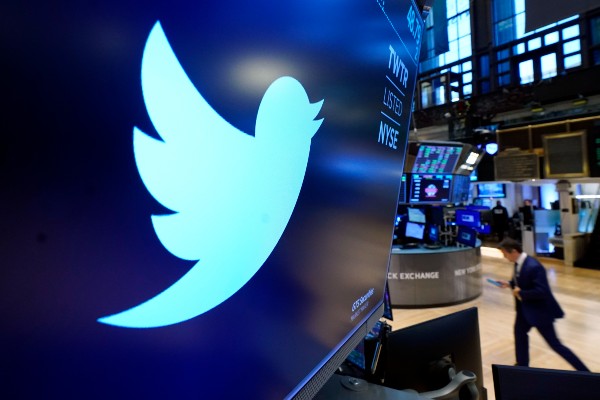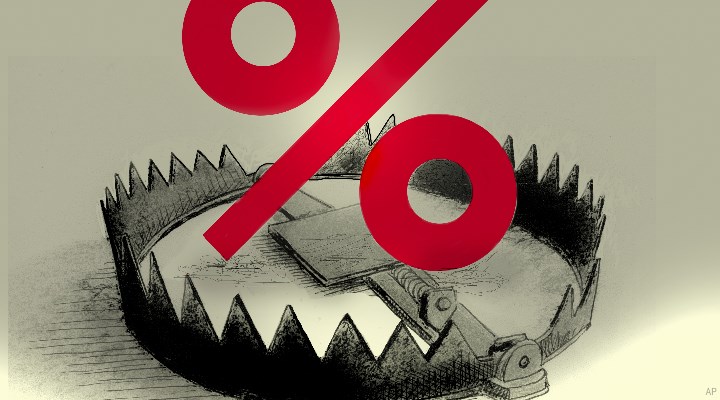
The economic fallout of Russia’s war on Ukraine will soon start to show up on the balance sheet of large American corporations. The recent announcement by McDonald’s to exit Russia after 30 years of operations could hurt the global fast-food chain with significant exposure to the country.
McDonald’s joins an exodus of Western companies from Russia as they start to abandon their Russian business operations. This is expected to have a meaningful impact on their bottom line at a time they’re battling rising commodity costs due to inflation and global economic uncertainty.
The following S&P 500 stocks generate the highest percentage of total revenue from Russia. By suspending or shuttering their Russia operations, these American conglomerates stand to lose billion of dollars worth of revenue. On the bright side, they may save far more in reputational costs by appearing to do the right thing in the face of a humanitarian crisis unfolding in Ukraine.
The largest restaurant owner-operator in the world, McDonald’s (MCD) boasts sales of US$112 billion across more than 40,000 stores and 119 countries. The global fast-food chain pioneered the franchise model, building its impressive footprint through partnerships with independent restaurant franchises around the world. It generates nearly 60% of its revenue from franchise royalty fees and lease payments, with the remainder coming from company-operated stores across the United States and international markets.
The Golden Arches recently announced its decision to exit Russia. The company that first entered the Russian market 32 years ago has already started the process of selling its entire portfolio of over 800 restaurants.
The company, which generated roughly 9% of its revenue from Russia and Ukraine in 2021, expects to take a write-off of US$1.2 billion to US$1.4 billion as a result of the move.
“This move was already contemplated in our base-case scenario, with our forecasts stripping out the revenue (9%), operating profit (3%), and forward unit growth from Russia and Ukraine,” says a Morningstar equity report, adding that “McDonald's decision to exit Russia reflects building pressure from consumers boycotting companies that continue to operate in that market.”
As the leader in global food-service sales, McDonald's is taking the right steps to adapt to a competitive landscape. “Recent initiatives, including the loyalty program launch, a large breast chicken sandwich line, and test-marketing a McPlant burger, attest to a more finely tuned sense of market demands,” says Morningstar equity analyst, Sean Dunlop, who recently lowered the stock’s fair value to US$227 from US$250, “after digesting first-quarter results.”
Beverage behemoth PepsiCo (PEP) sells snacks and fizzy drinks globally under popular brands Pepsi, Mountain Dew, Gatorade, and Aquafina in the beverage space and Lays, Cheetos, and Doritos within snacks.
The company enjoys a dominant share of the global snacks industry with six of the top 10 savoury snack brands and the number two position in the carbonated soft drink. Overall, Pepsi earns 60% of its revenue and two-thirds of its operating profit in North America.
The company recently joined a growing list of leading U.S. corporations suspending its Russia operations, including its beverage business. Russia accounted for US$3.4 billion, or more than 4%, of its overall revenue.
Despite the move, Morningstar equity analyst Erin Lash says “we continue to believe that the company’s pricing power, strength across core snack and beverage brands coupled with its differentiated packaging and marketing capabilities should support its competitive position.”
Within snacks (55% of sales), Pepsi dominates the global competitive landscape (7 times its closest competitor, with five of the six top brands). “Its core brand development advantages--direct-to-store partnerships with retailers, innovation to align with consumer preferences, and data analysis--allow it to drive growth in its underlying categories,” says a Morningstar equity report.
Pepsi’s wide moat is underpinned by intangible assets and cost advantages it has built in both snacks and beverages businesses. “The company maintains an extraordinary collection of leading global brands, as evidenced by Pepsi’s consistent ability to raise prices without a durable hit to volume,” says Morningstar equity analystChris Owen, who puts the stock’s fair value at US$164.
The cigarettes and tobacco products company, Philip Morris International (PM) makes and sells its products in markets outside the United States.
In response to Russia’s war on Ukraine, the company recently announced its decision to halt operations in Russia as part of a plan to exit the country.
Russia and Ukraine accounted for around 12% of PMI’s total cigarette and heated tobacco sales and around 8% of net revenues.
The Marlboro brand’s parent company said it discontinued many of its cigarette products in Russia and cut back manufacturing activities, and cancelled all product launches in Russia for 2022, among other activities.
The Big Tobacco firm has been pushing to diversify a significant portion of its cash flow away from cigarettes. “Philip Morris International's Unsmoke campaign signals an intent to go further in replacing cigarettes with reduced risk alternatives,” says a Morningstar equity report, pointing out that “the latest medium-term targets from management imply strong growth over the next three to five years.”
Morningstar sector director Philip Gorham says: “New products will be critical to reigniting consumer adoption, and we expect PMI to reformulate its disposable heated tobacco product, TEEPS, in the next year or two.”
The firm’s wide economic moat, or sustainable competitive advantage, stems from intangible assets, cost advantage and regulatory barriers to entry.
Further, “Consumers are quite brand-loyal, particularly in premium price segments, to which PMI’s portfolio skews, creating another intangible asset that is no longer as prevalent as it once was in other consumer categories,” says Gorham who pegs the stock’s fair value at US$103.






















